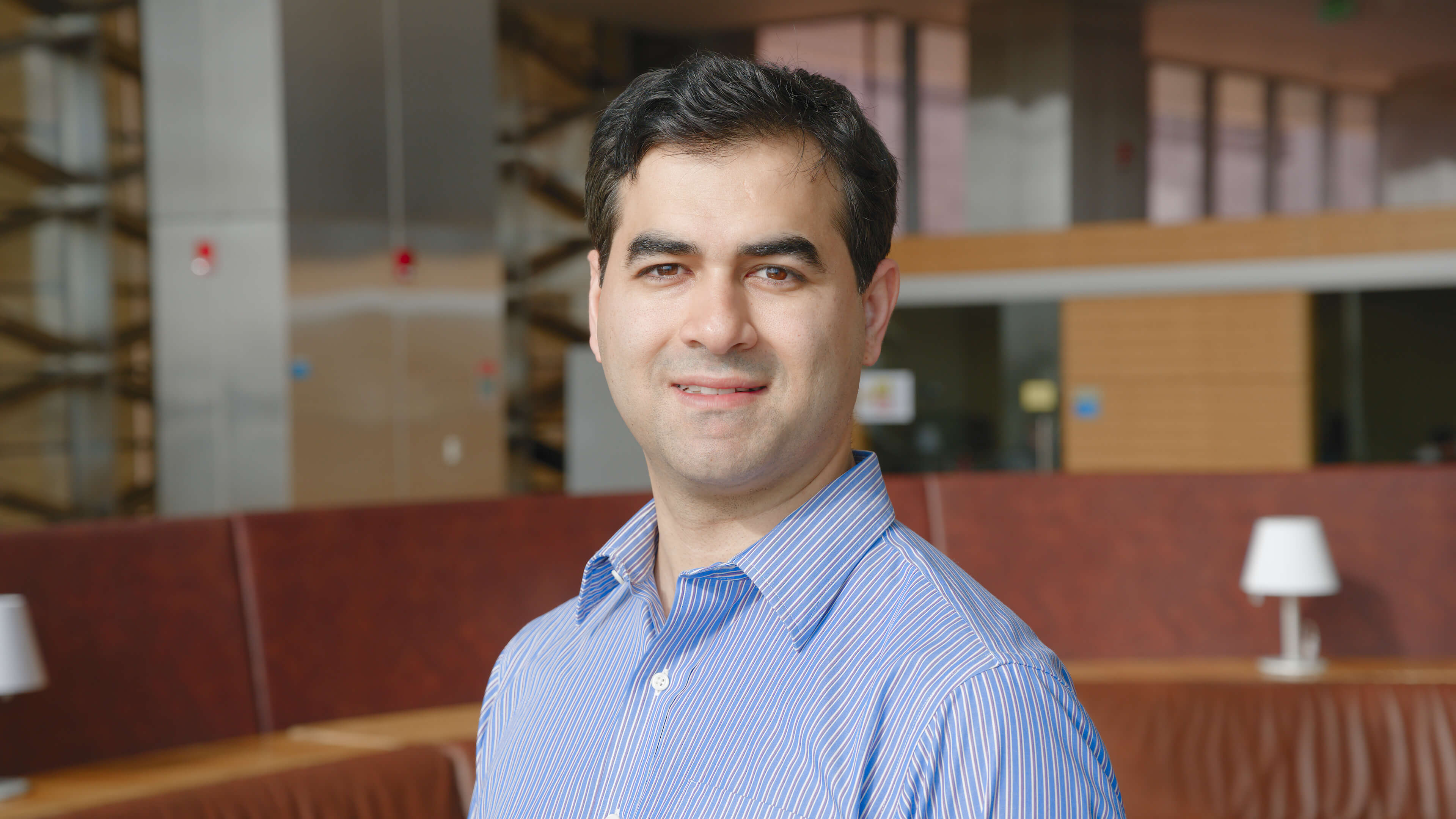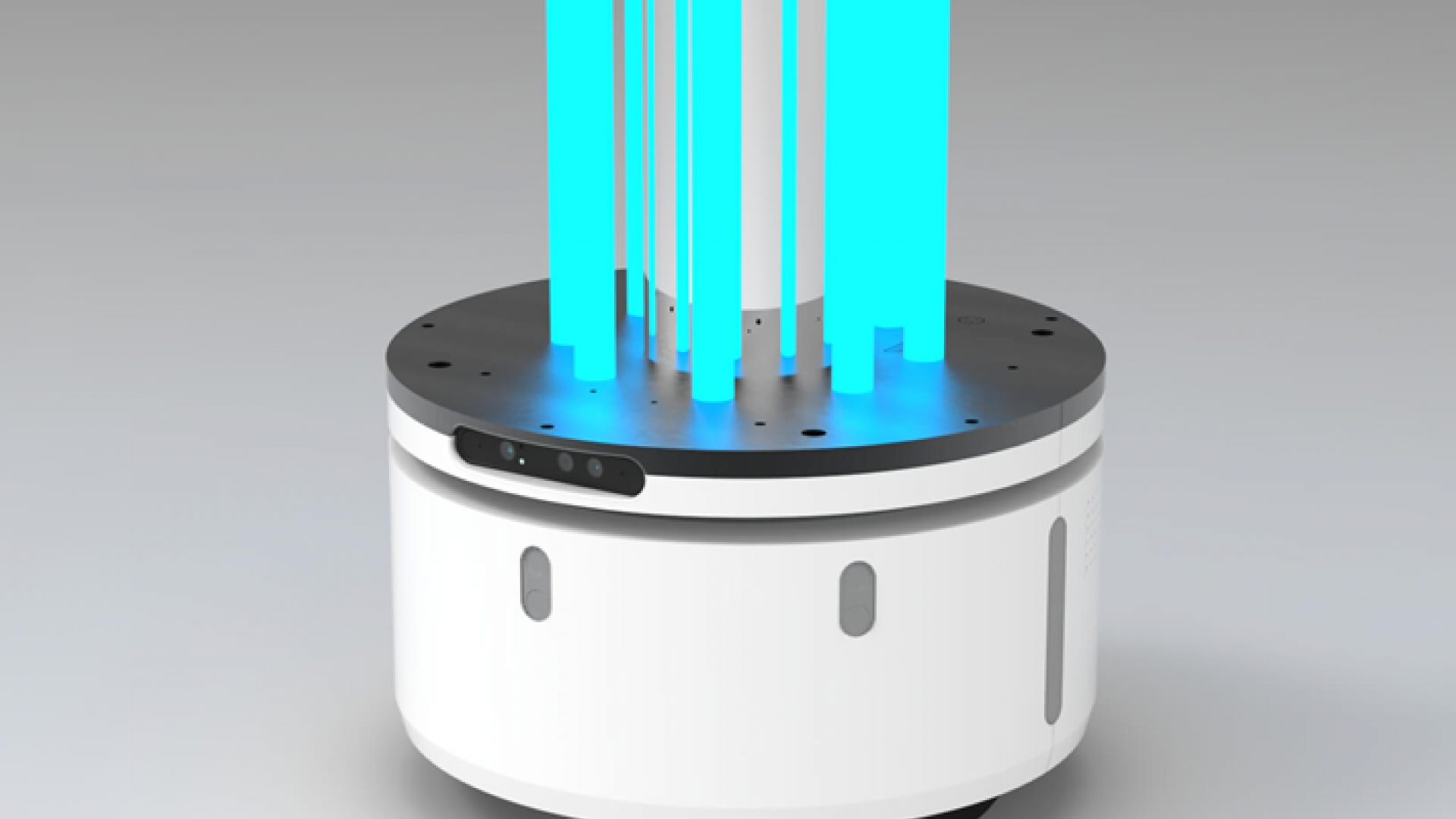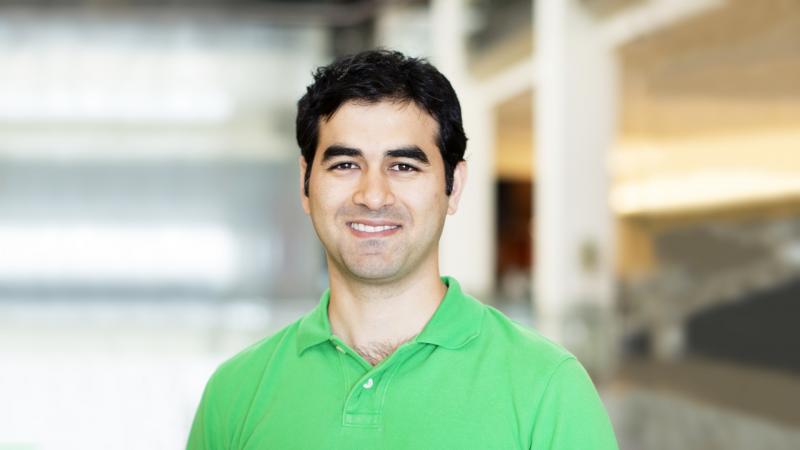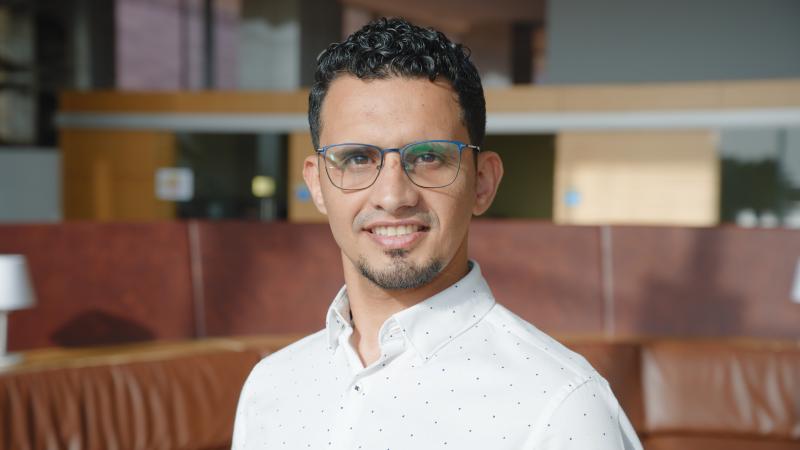The COVID-19 pandemic has activated vital innovation and R&D initiatives to tackle the crippling effects, health ramifications, and overall impact of the coronavirus on global societies and economies. In recent months, the King Abdulaziz City for Science and Technology (KACST), based in Riyadh, Saudi Arabia, launched a COVID-19-themed virtual accelerator aimed at supporting talented innovators, aspiring entrepreneurs, and innovative small companies dedicated to finding solutions to mitigate the spread of the virus through protection, prevention, tracking/detection, and treatment solutions.
The KACST Combating COVID-19 Accelerator awards 100,000 SAR to the 10 best projects, from an initial group of 216 submissions, offering the best solutions to tackle COVID-19 and other future pandemics in five tracks: medical diagnosis; medical equipment and protective tools; autonomous systems for surveillance; epidemic modeling; simulation and forecasting; and behavioral and social analytics.

A team of electrical and computer engineering innovators from the Integrated Circuits and Systems Group (ICS), at the CEMSE Division, KAUST, including Hossein Fariborzi, the group's principal investigator, his Ph.D. student, Abdullah Alshehri (team leader), a former intern at ICS, Muhammad Affan, and an external member Junaid Jawaid, was shortlisted as one of the 50 startups taking part in a three-day bootcamp to polish and demo the original idea. The KAUST team ultimately won the 100,000 SAR award. Their winning project, Azure Robotics, uses artificial intelligence (AI), machine learning, and robotics to offer an autonomous solution for a fast and effective disinfection process for large-surface spaces like airports, malls, hospitals and mosques.
"This is a truly multi-disciplinary initiative that requires expertise in machine learning, image processing, robotics and microelectronic design. The good news is that we have many talented researchers in these fields, and we hope we can collaborate with them in the next phases of this project," said Prof. Hossein Fariborzi.
Read the full article


